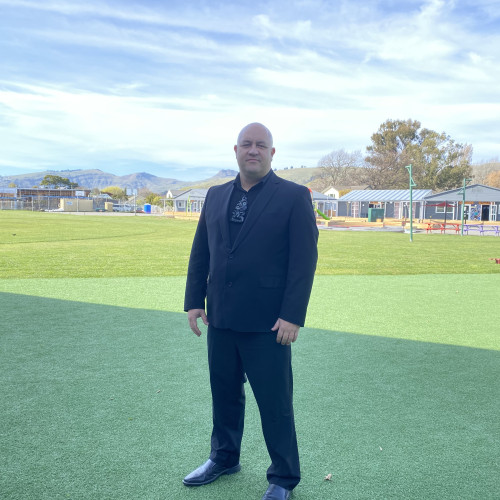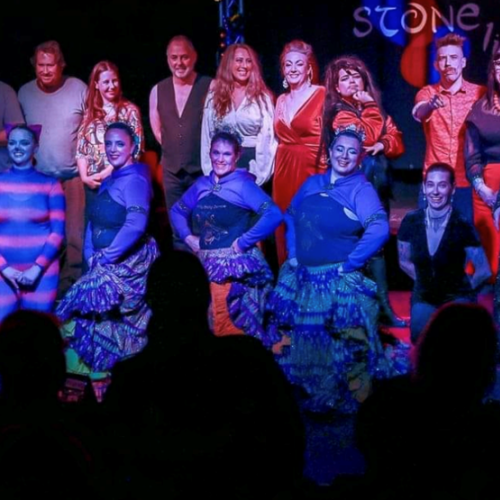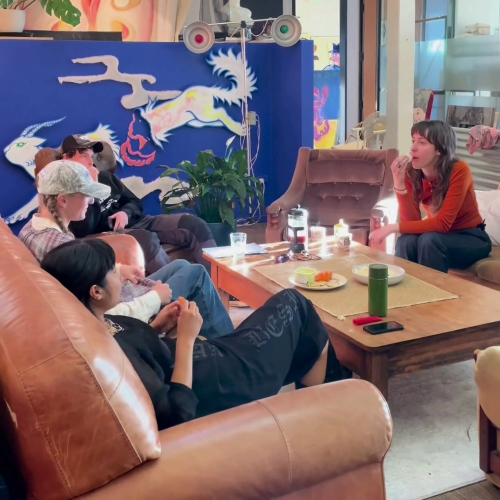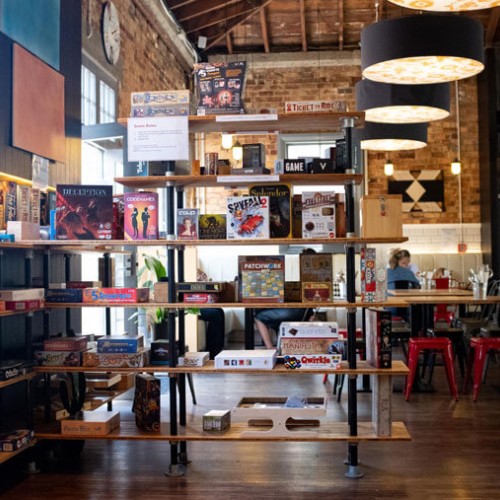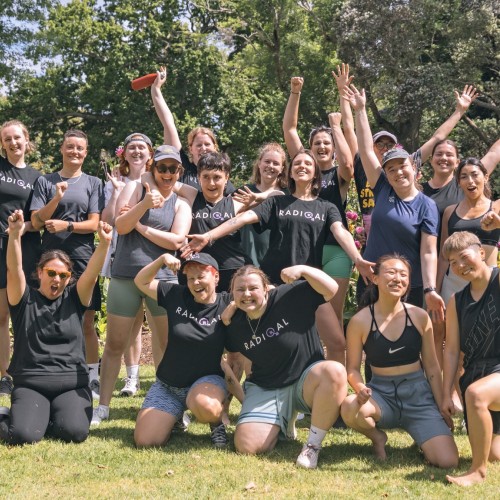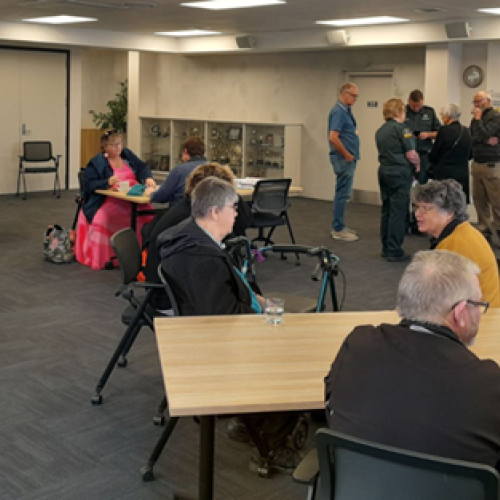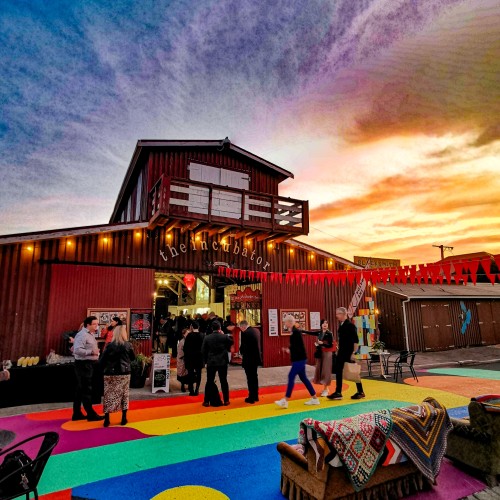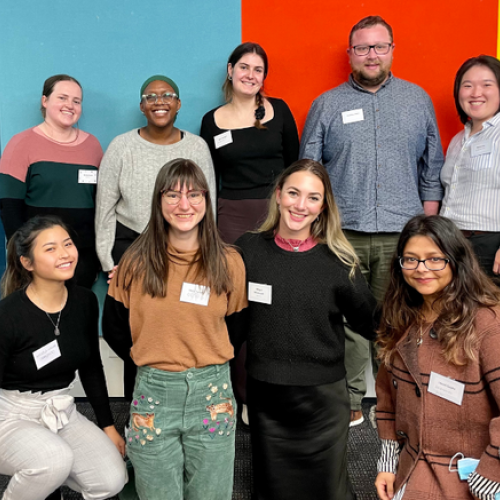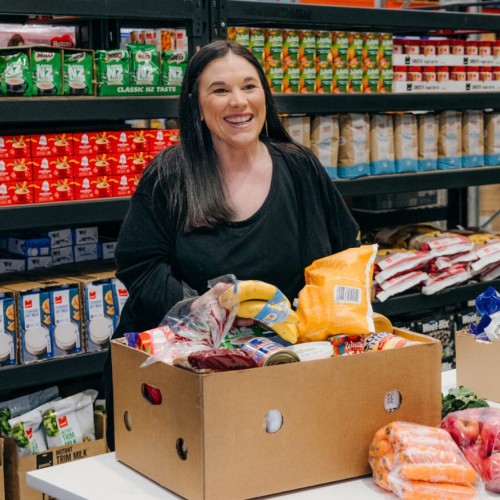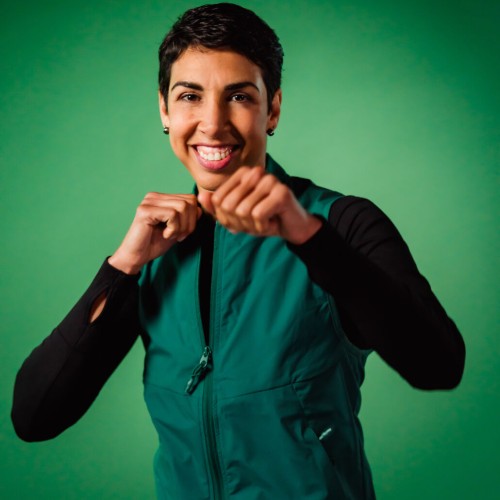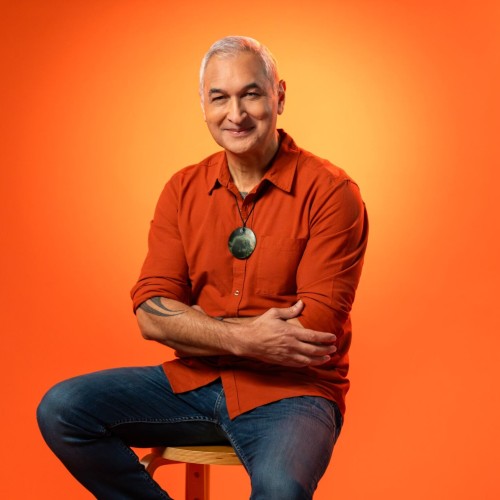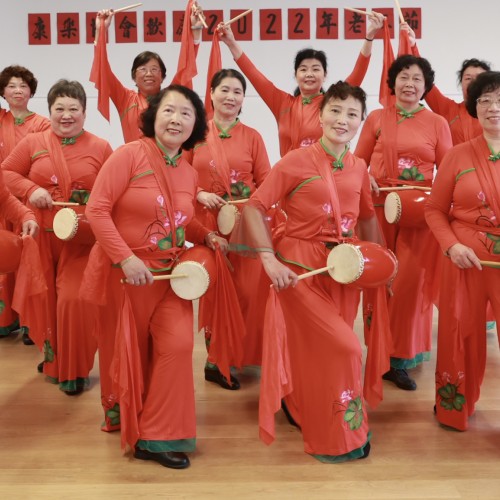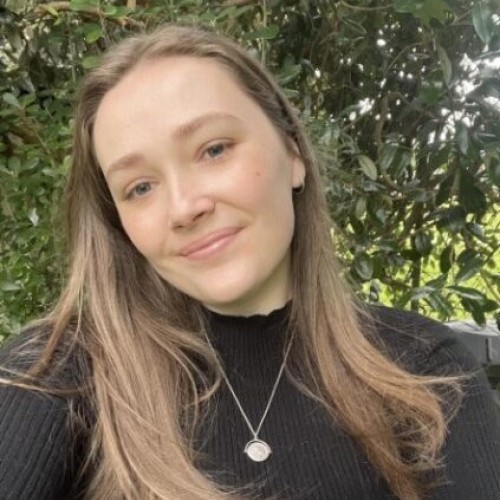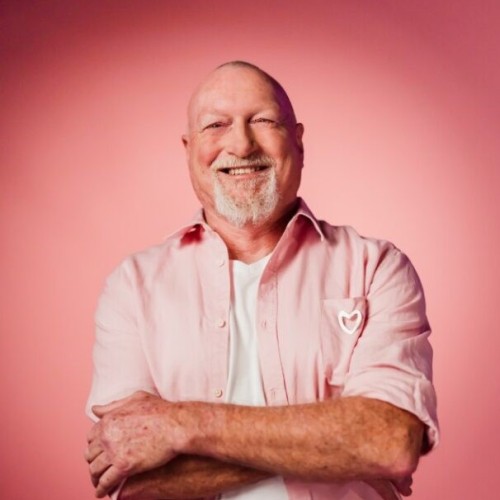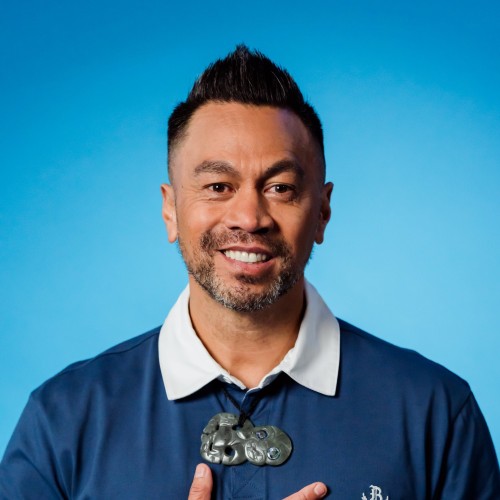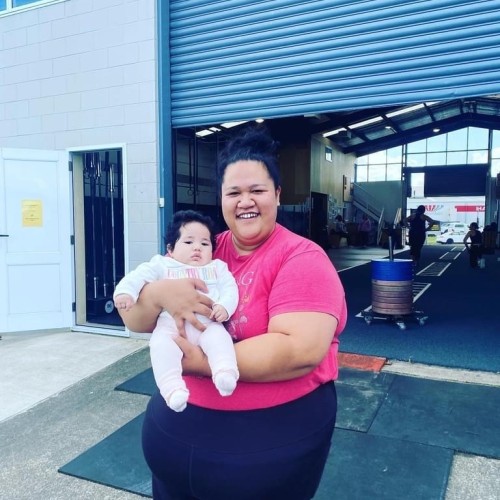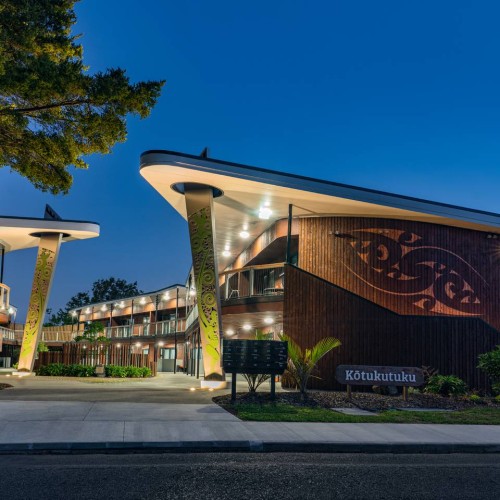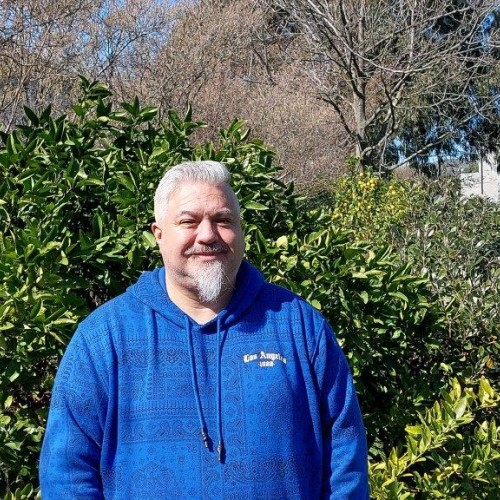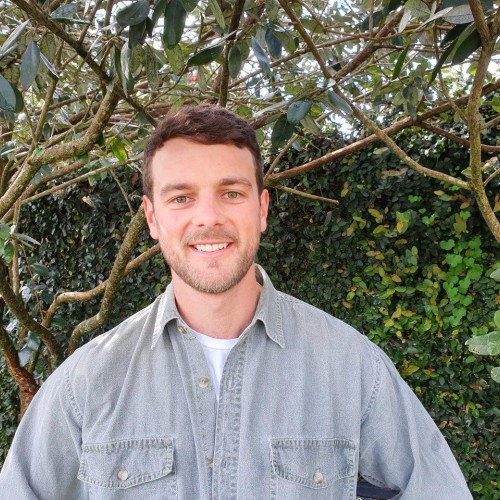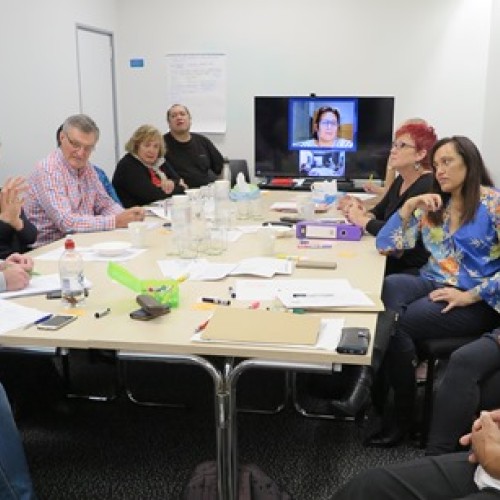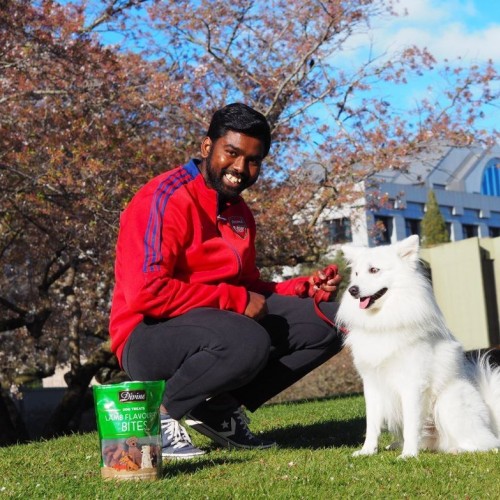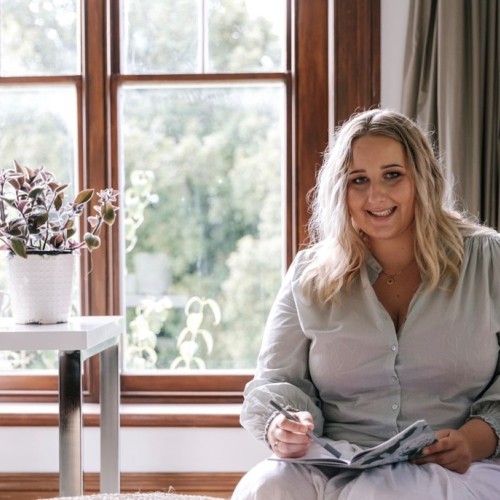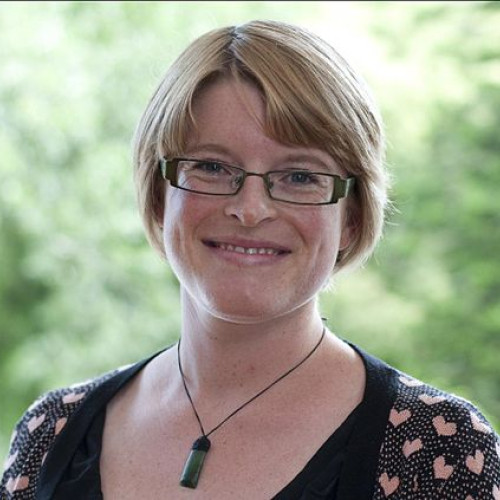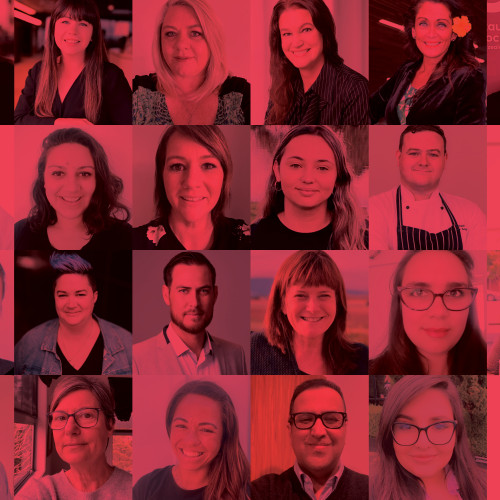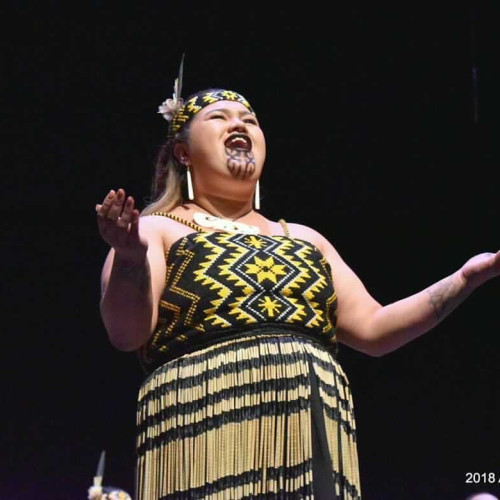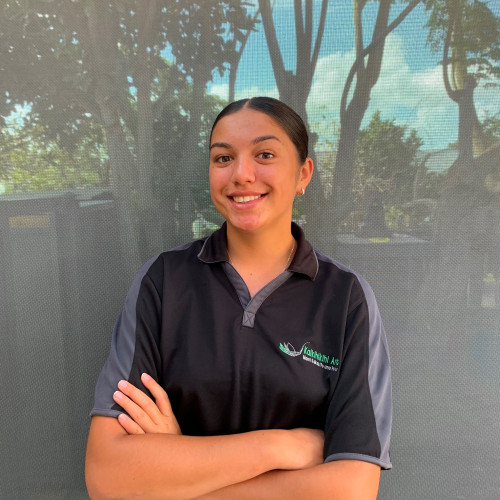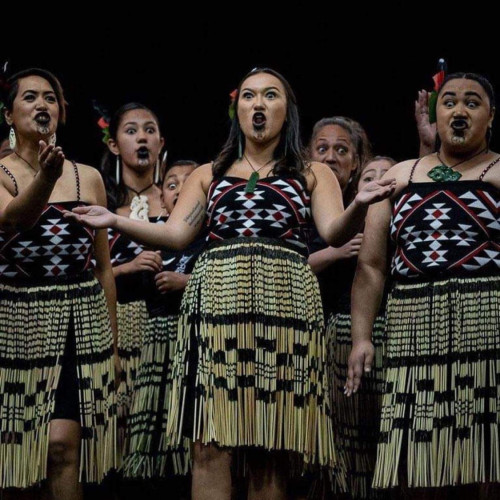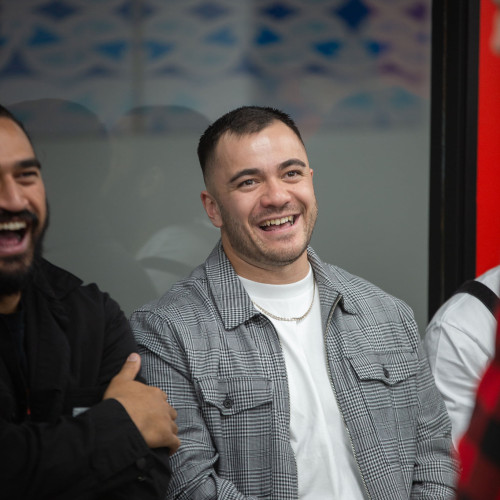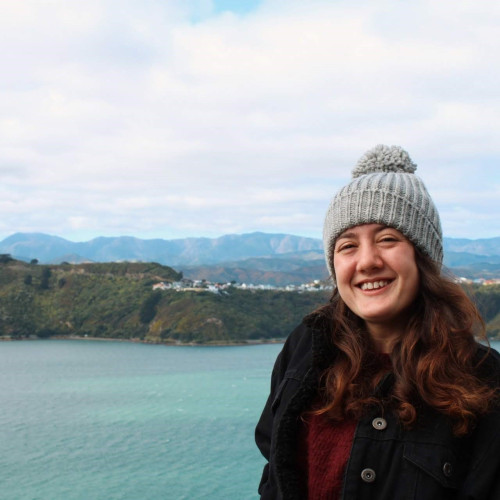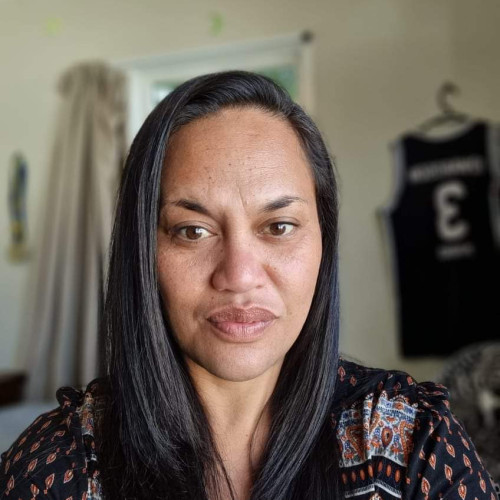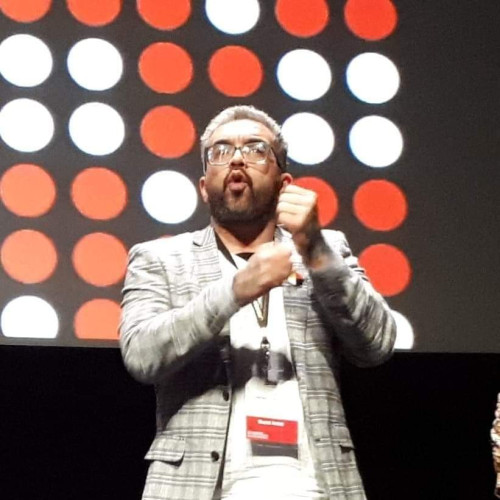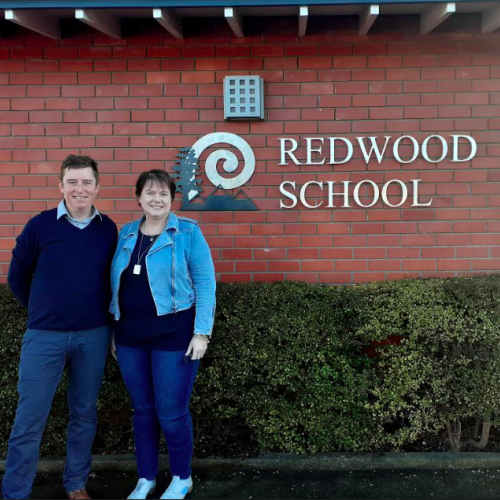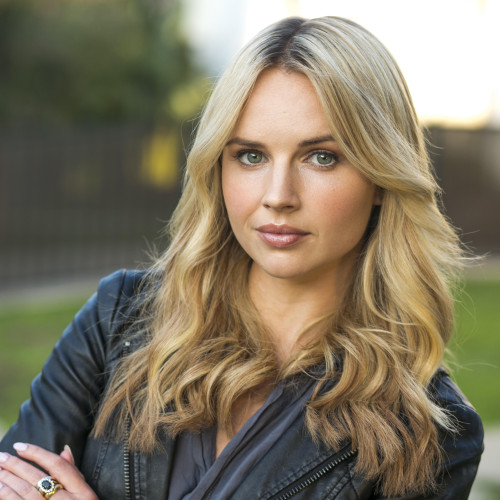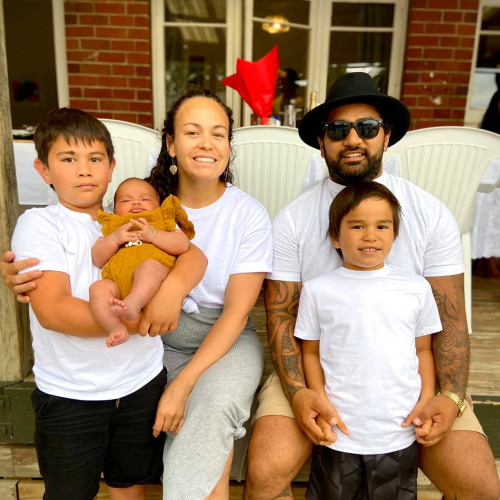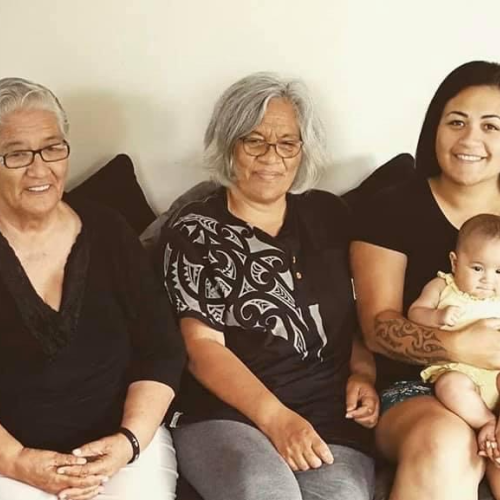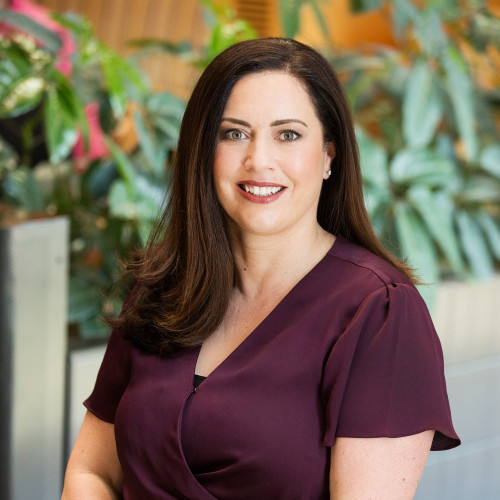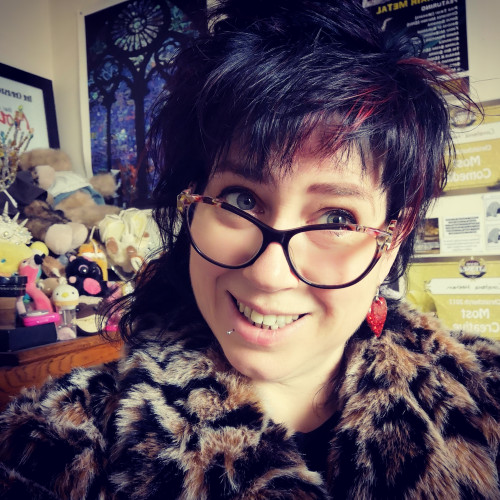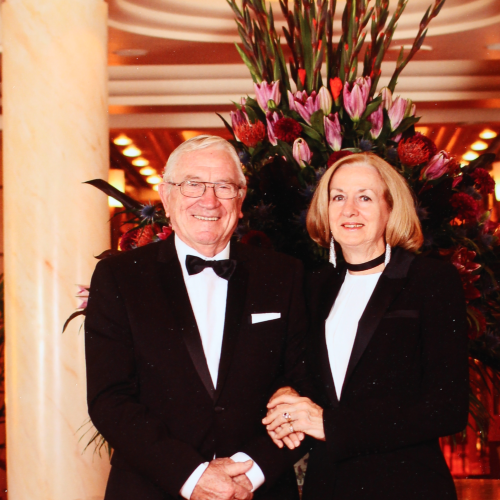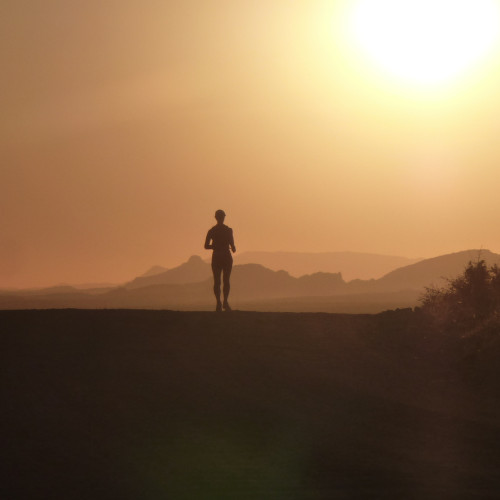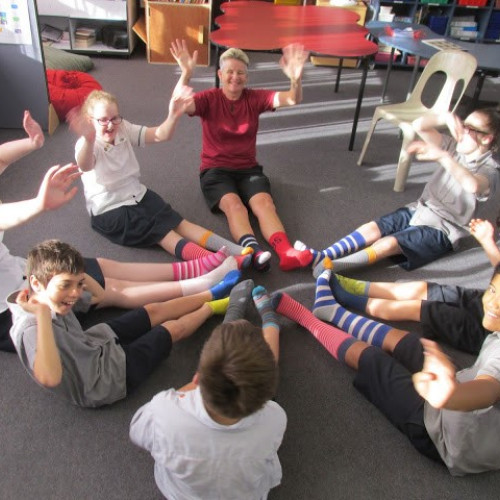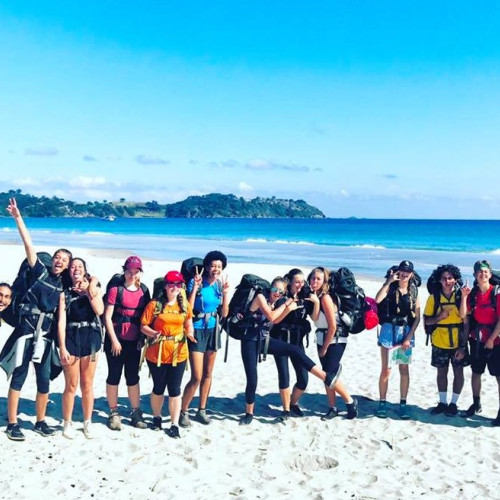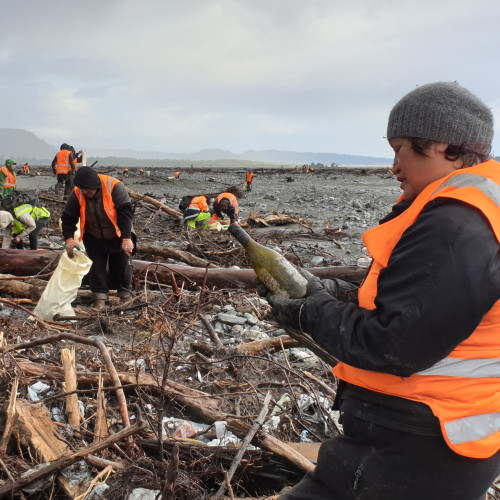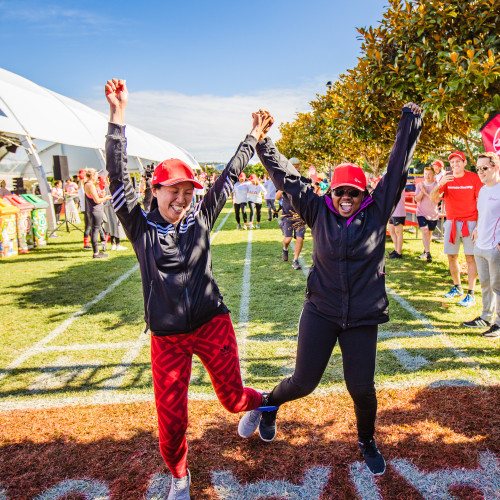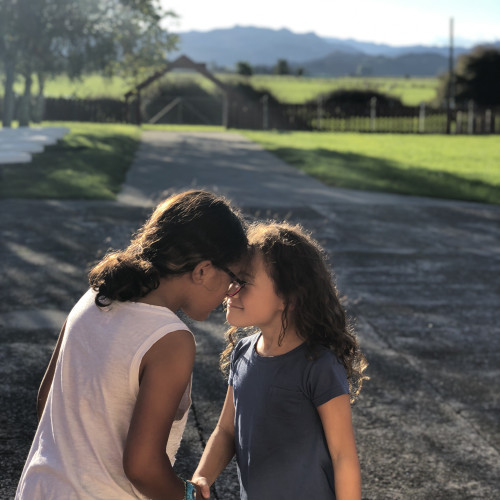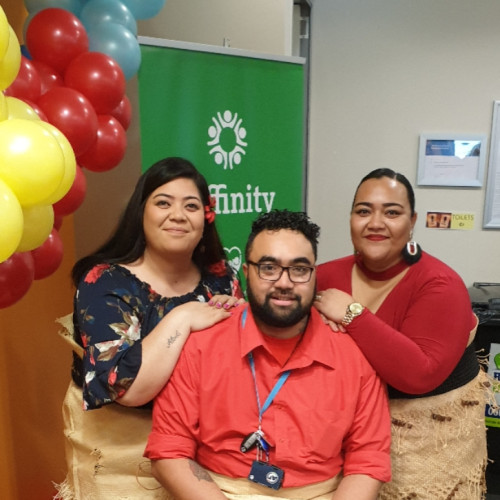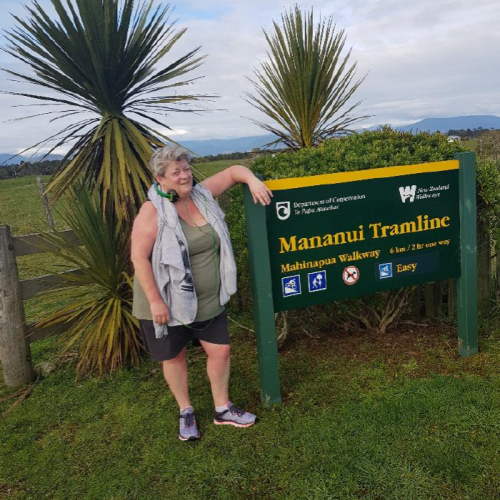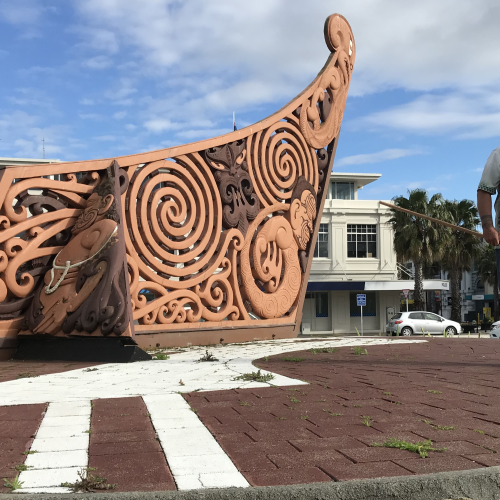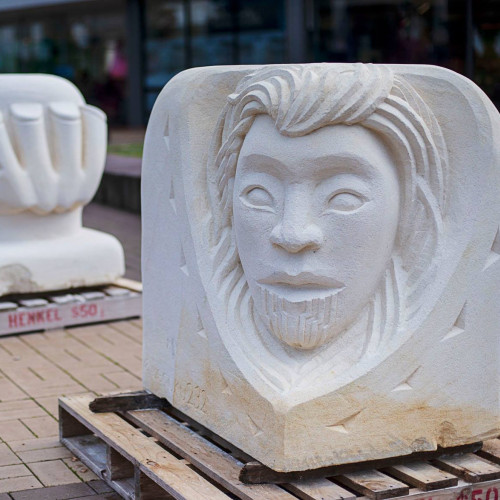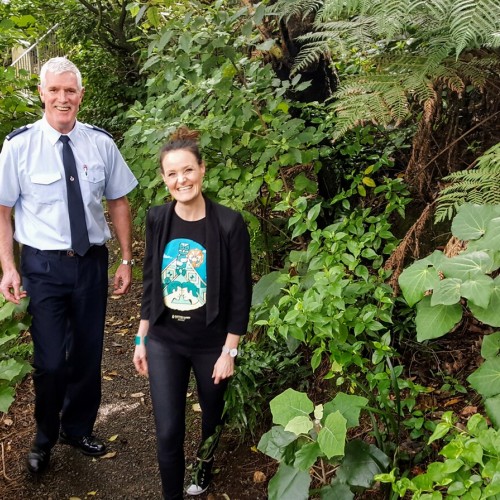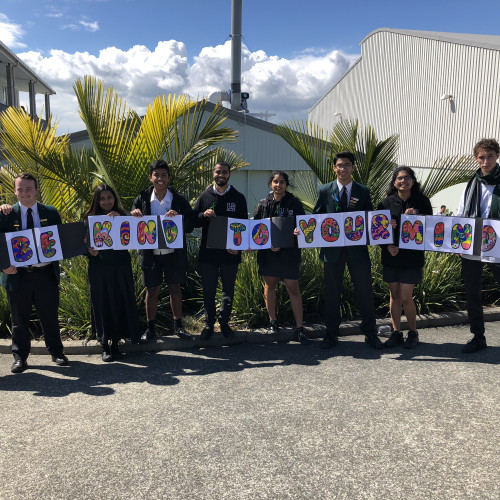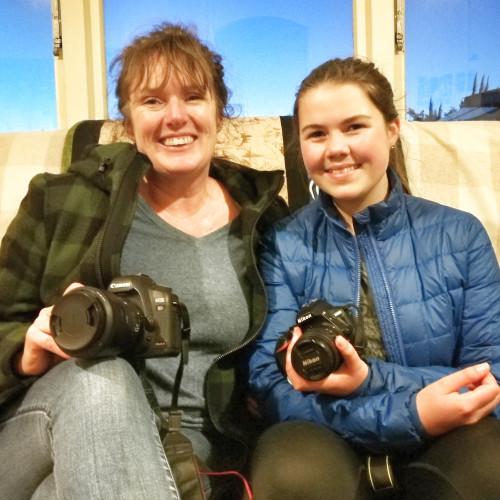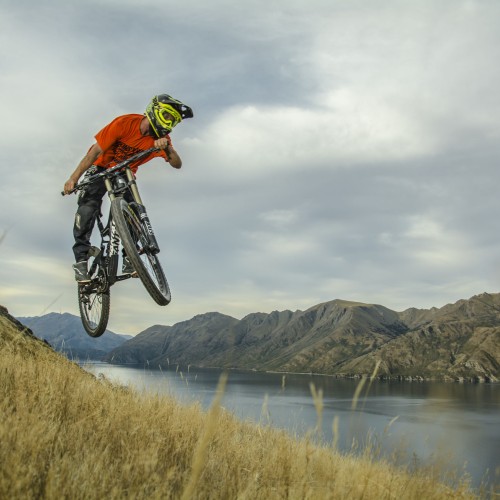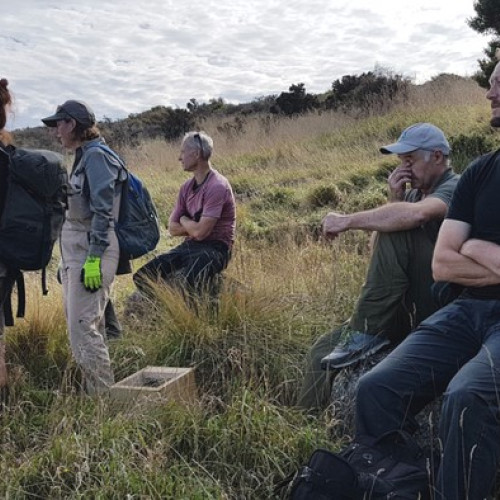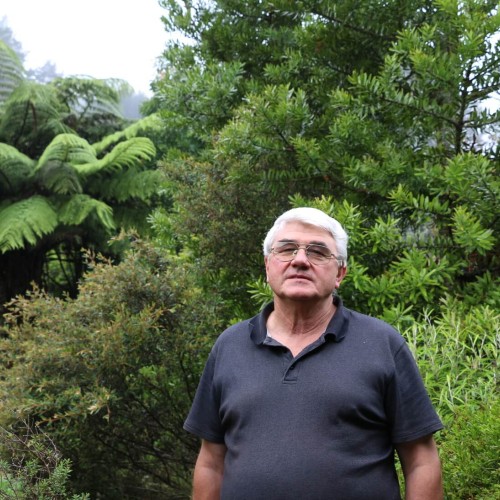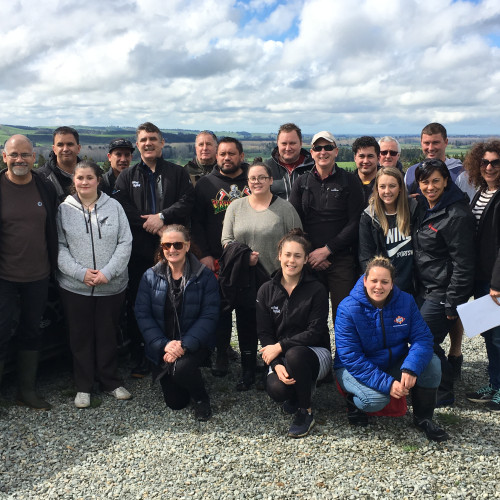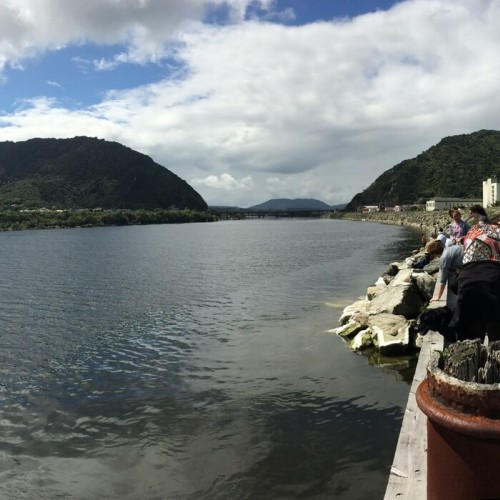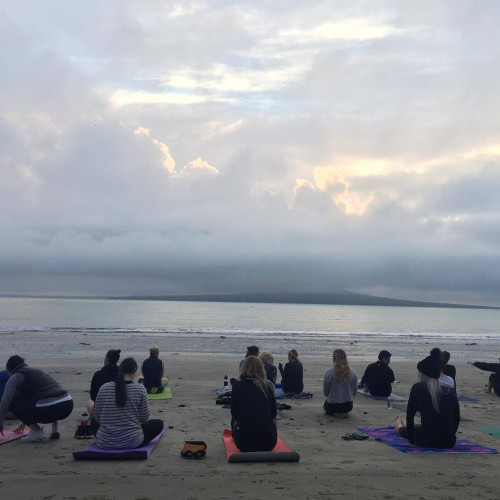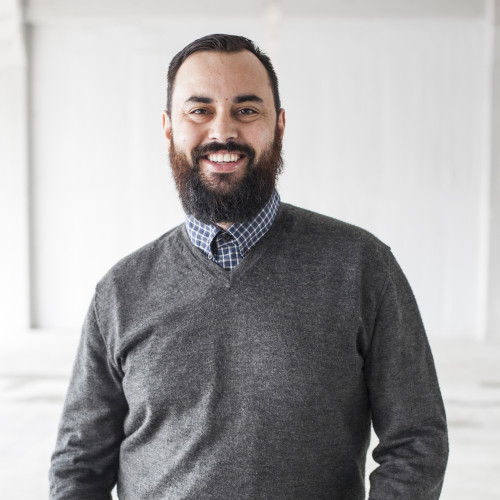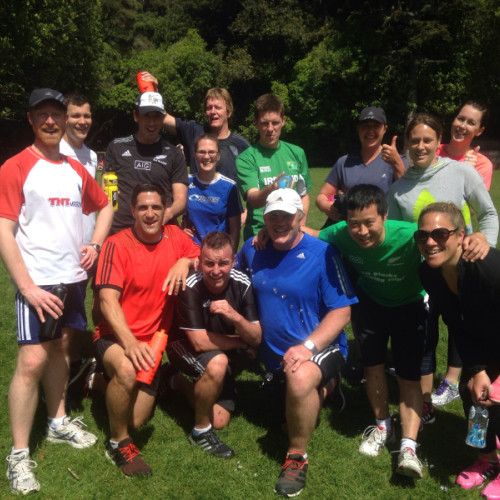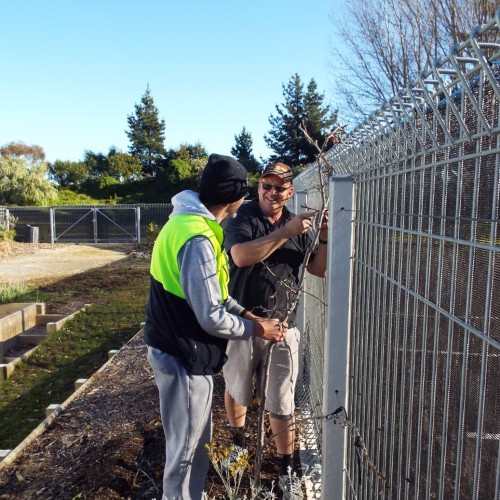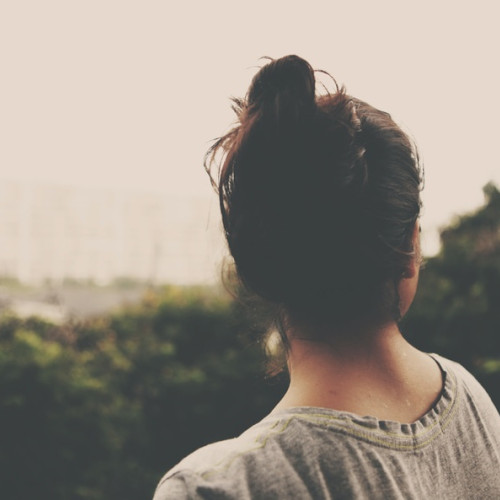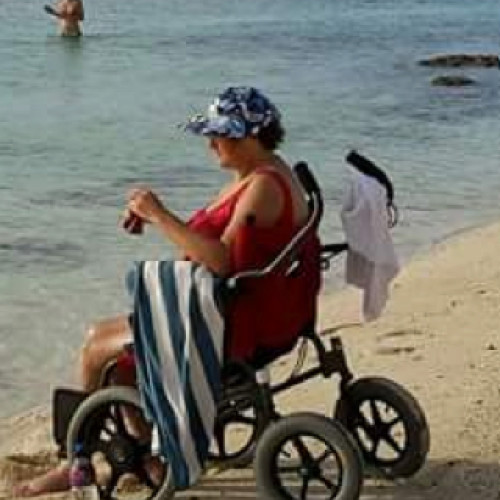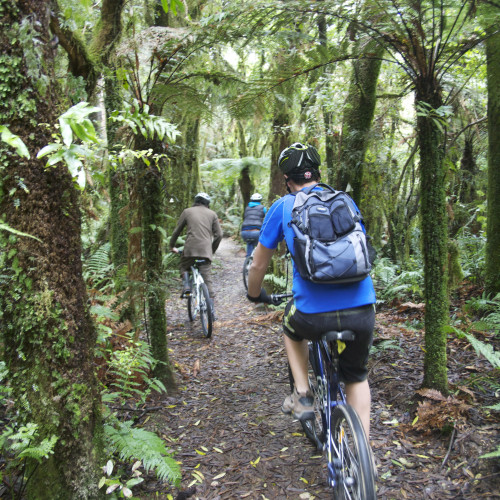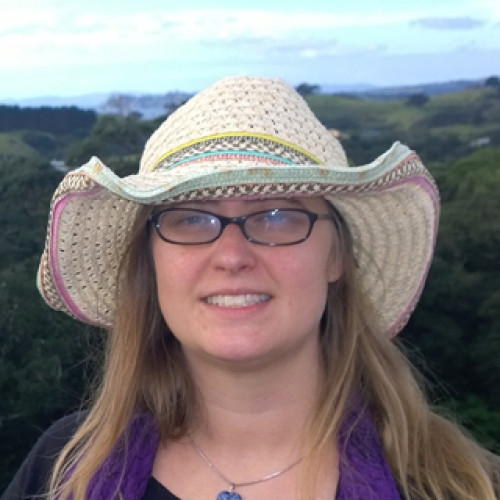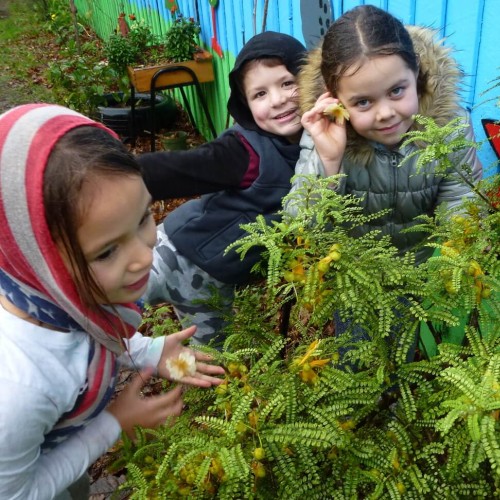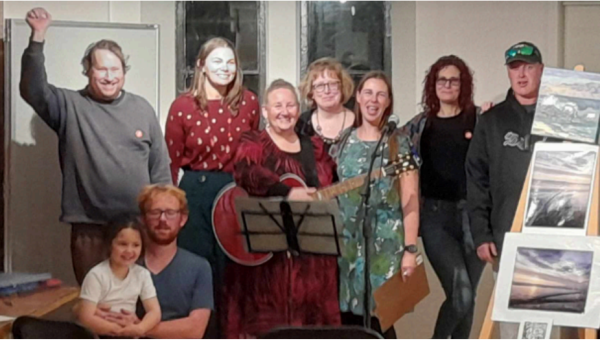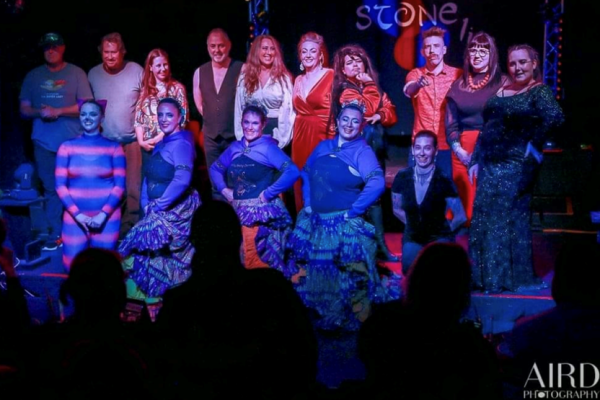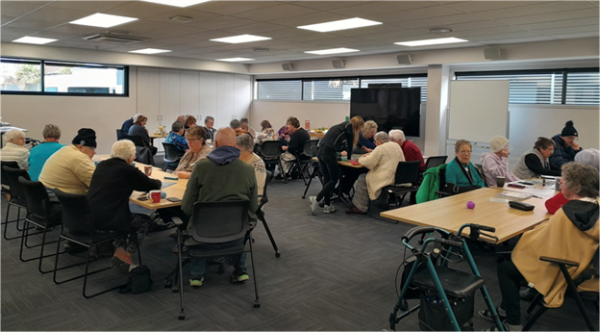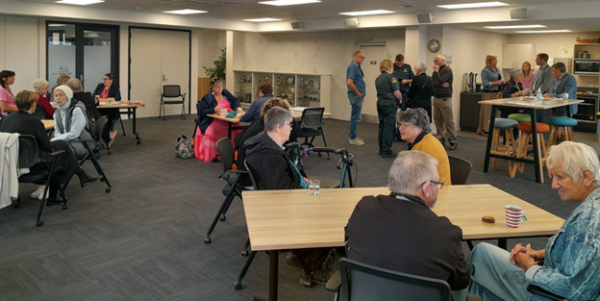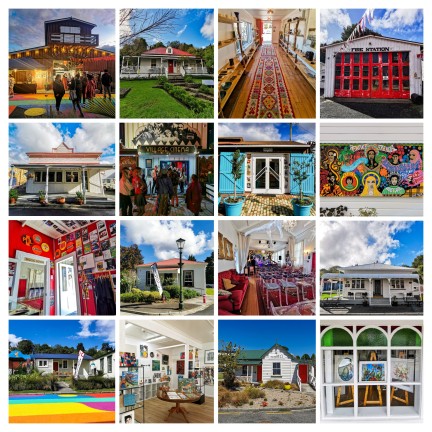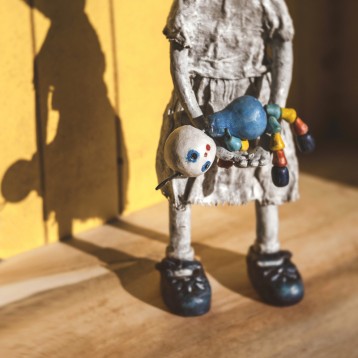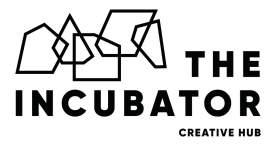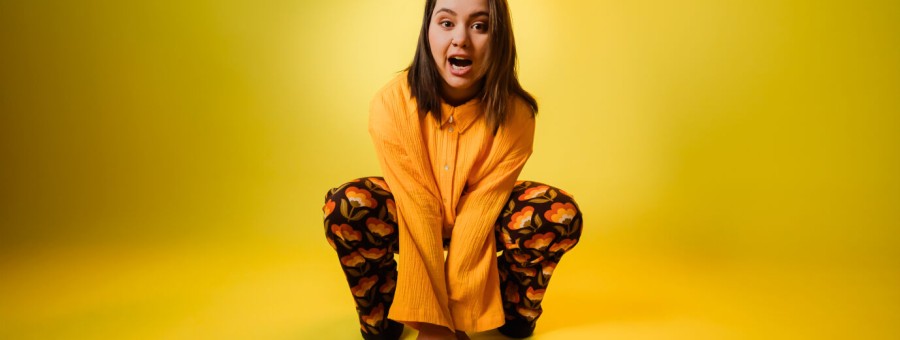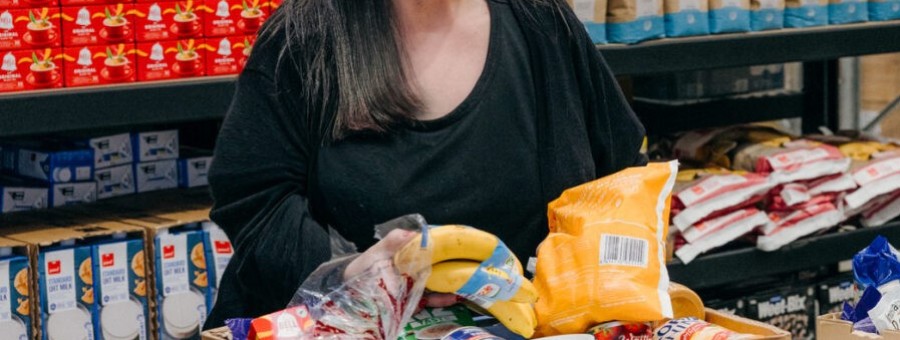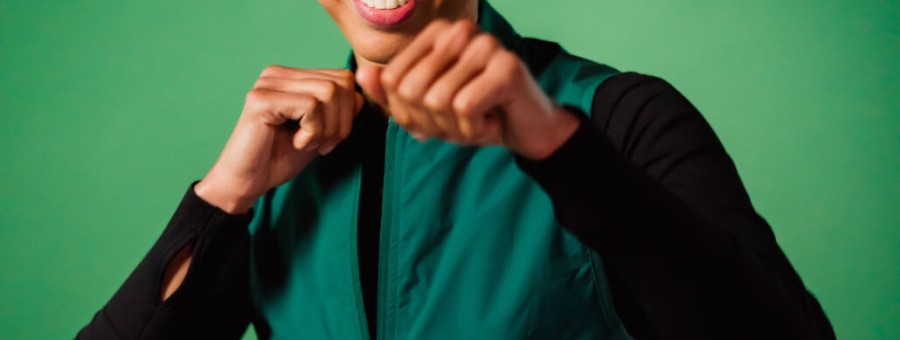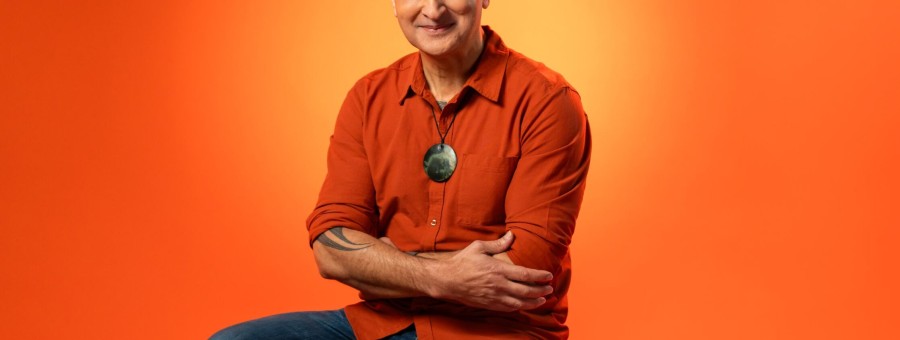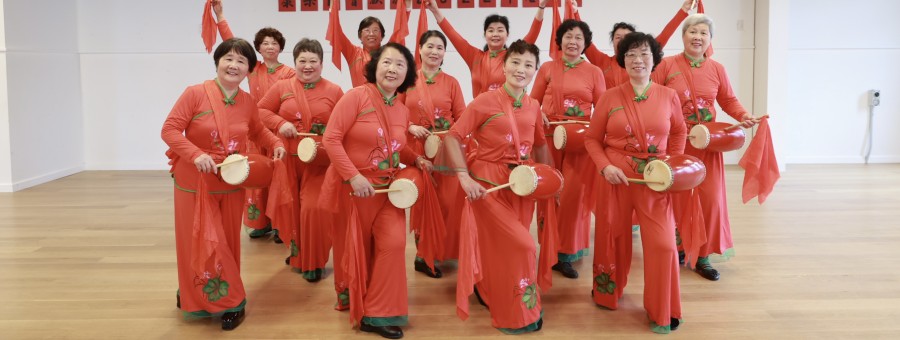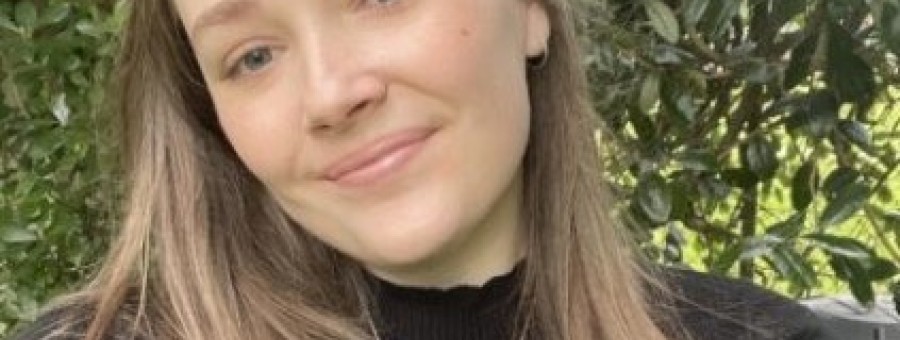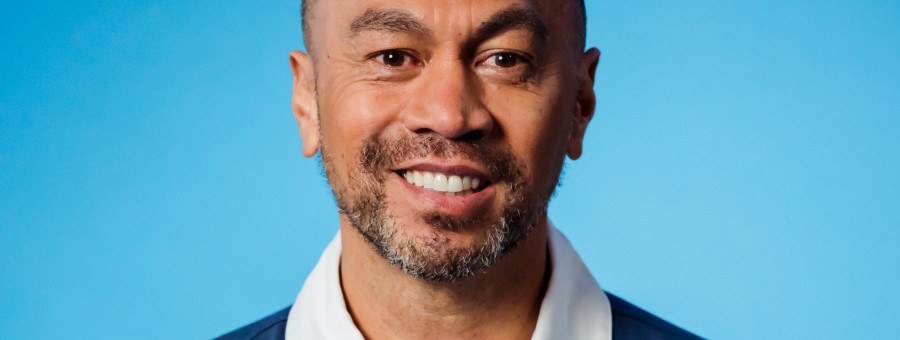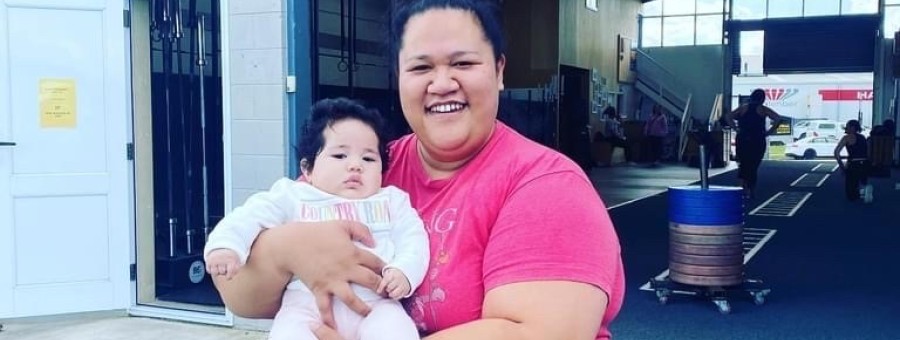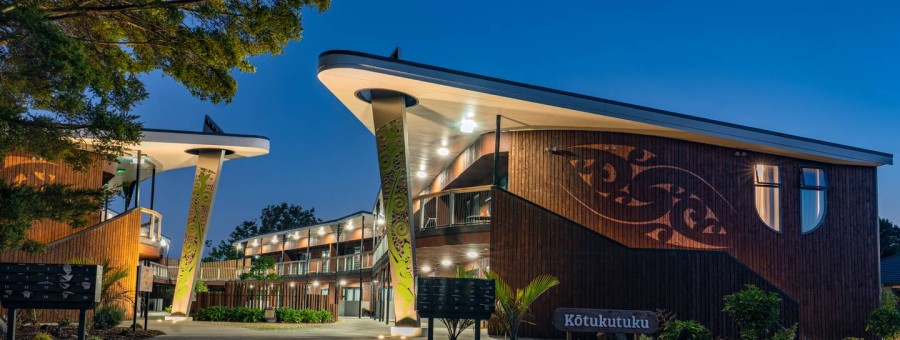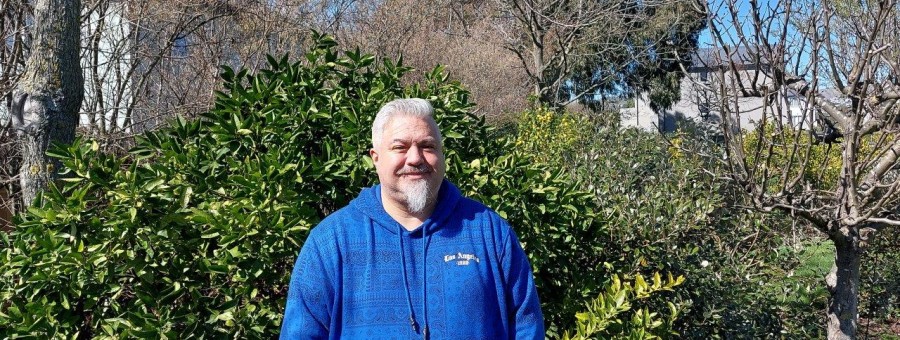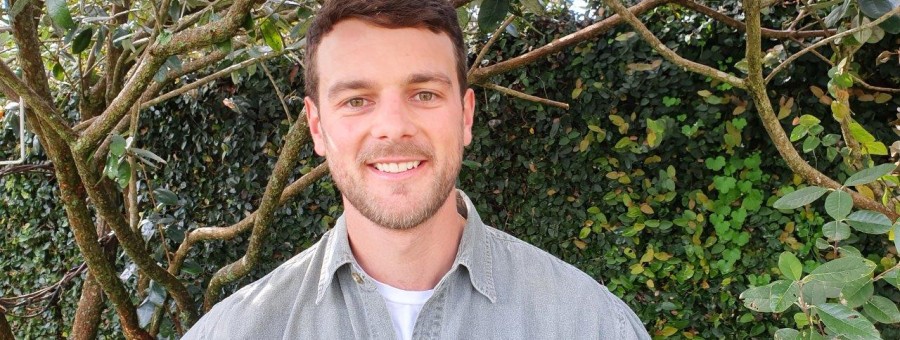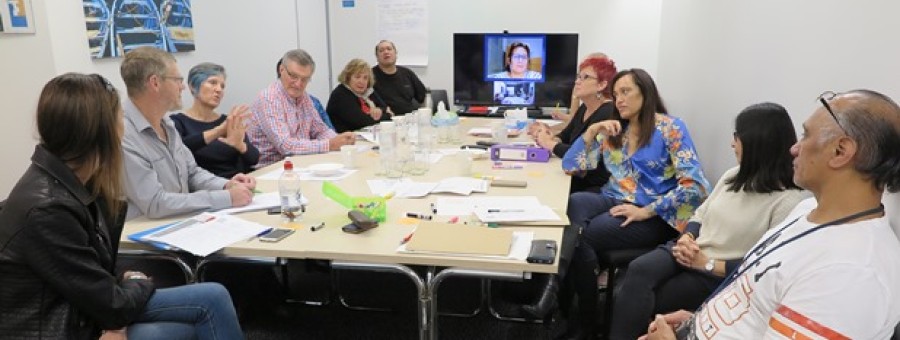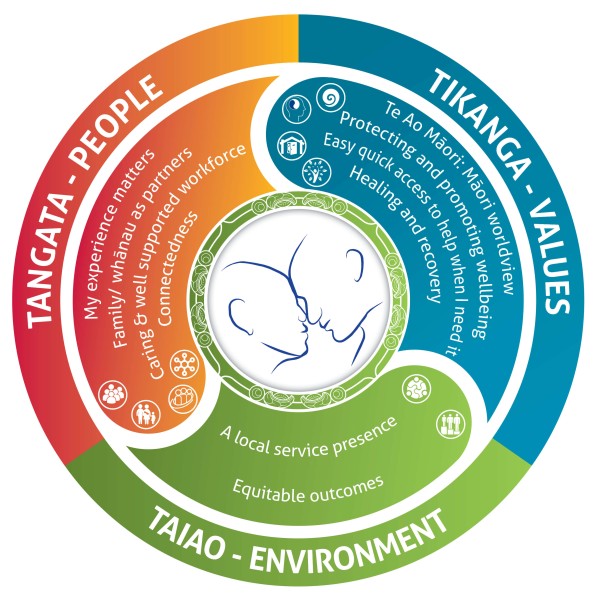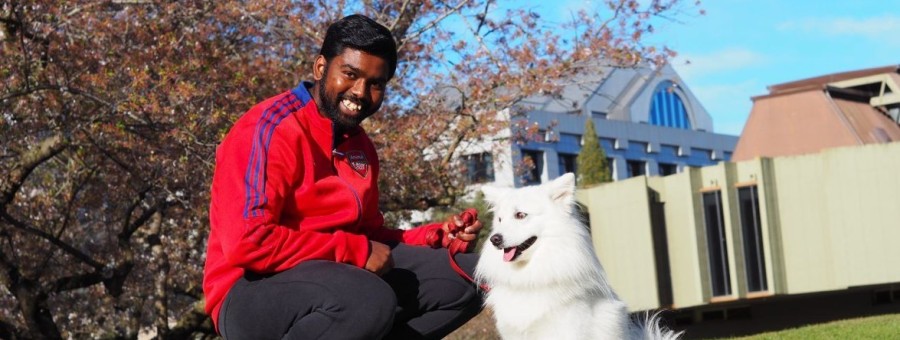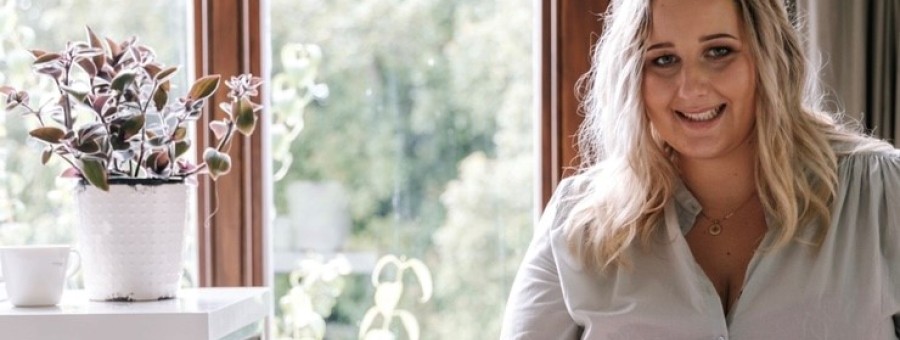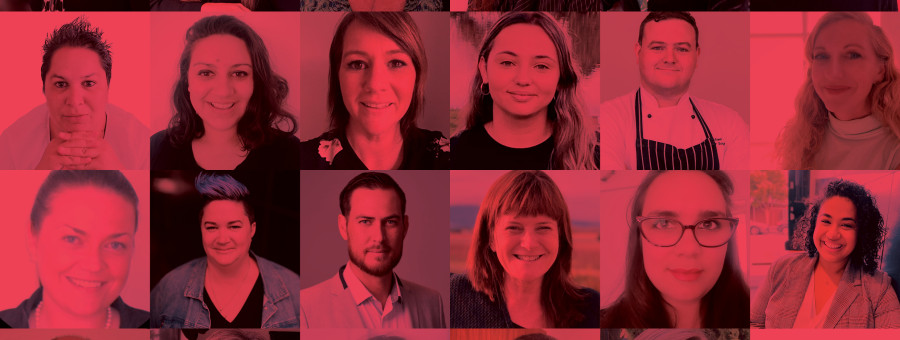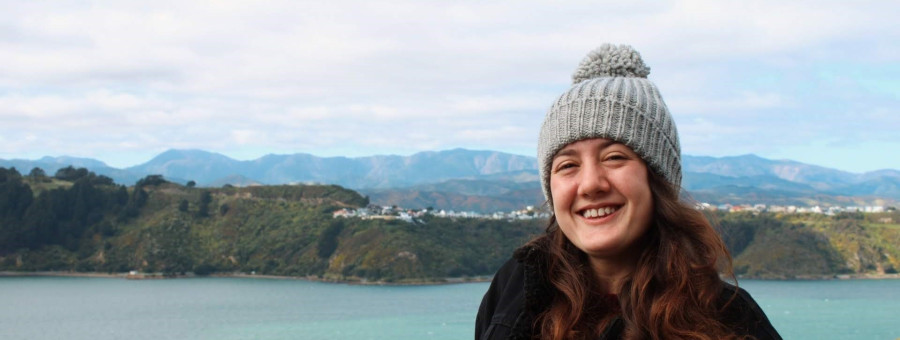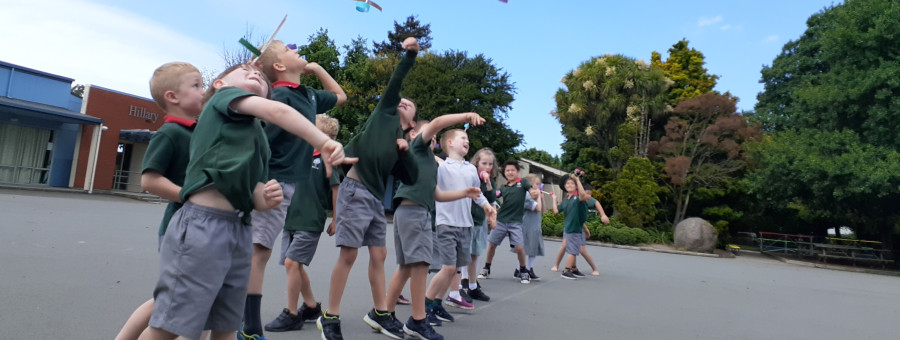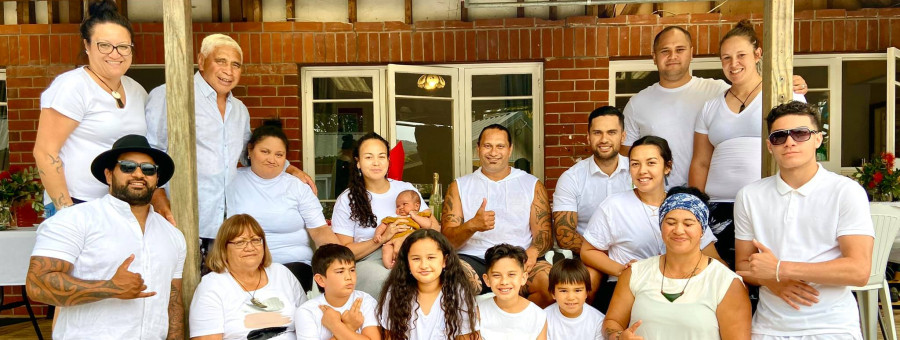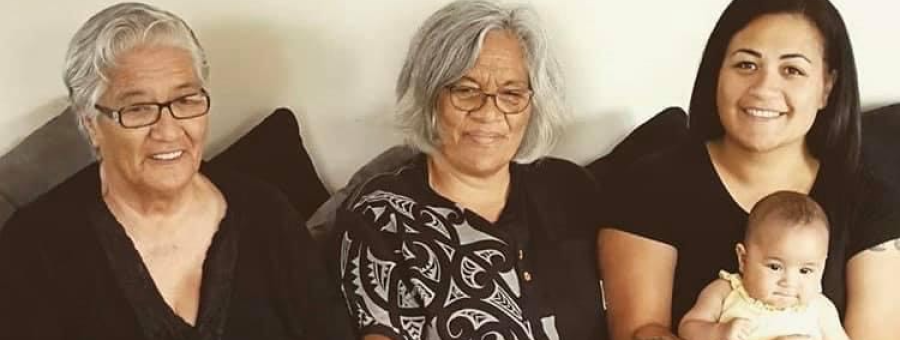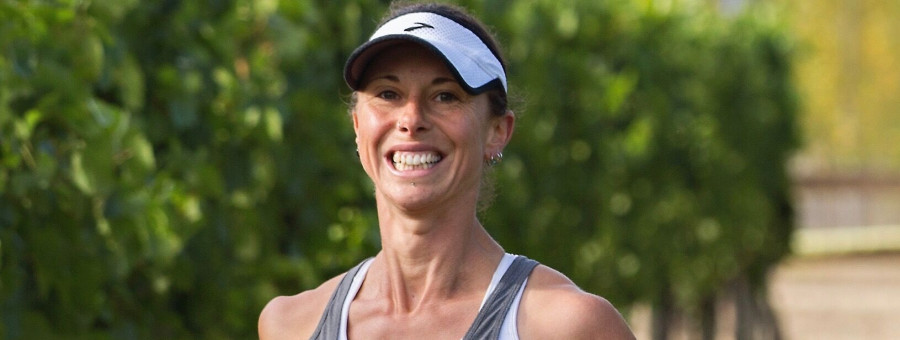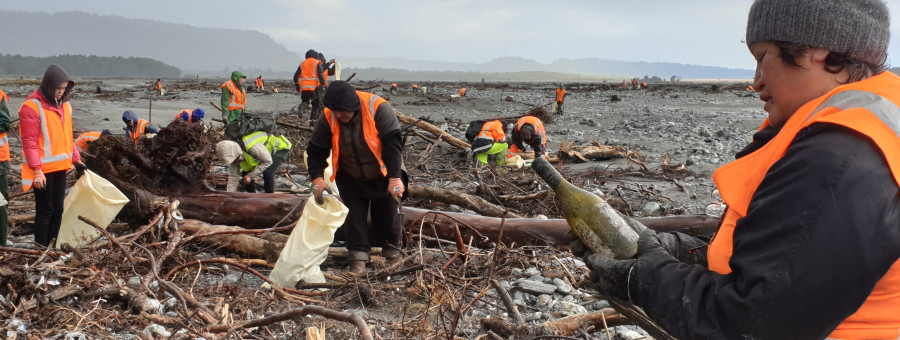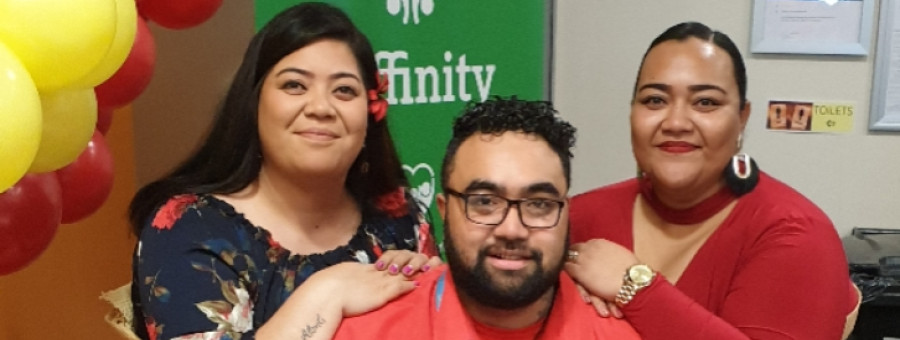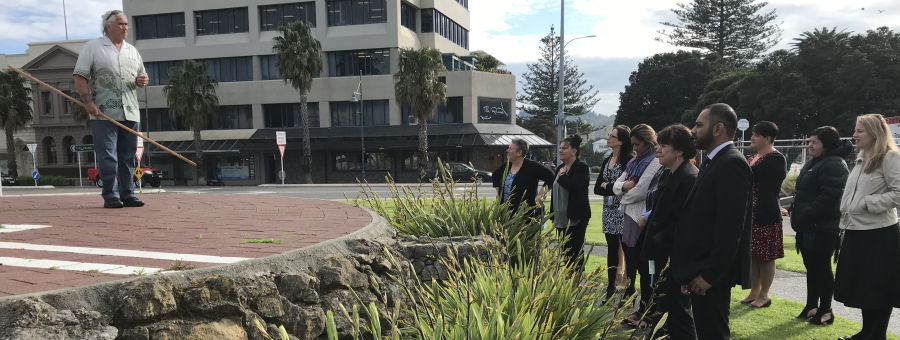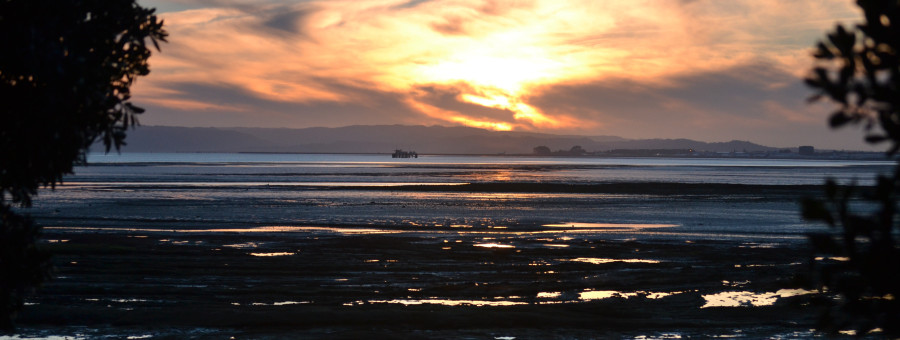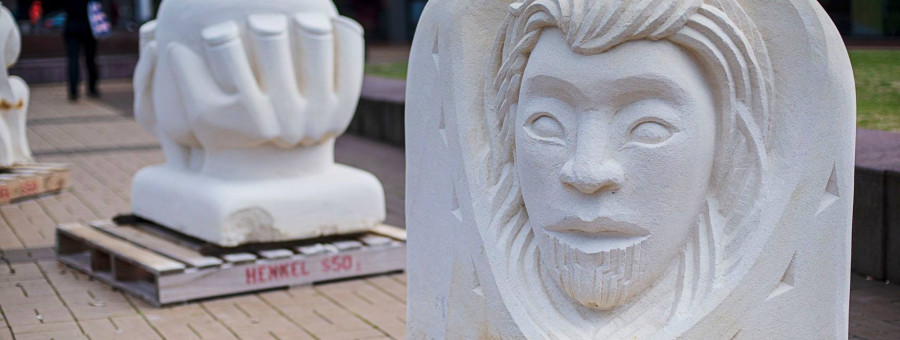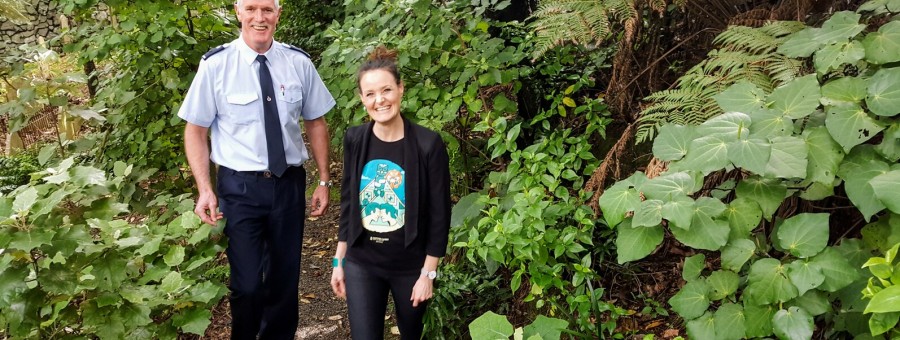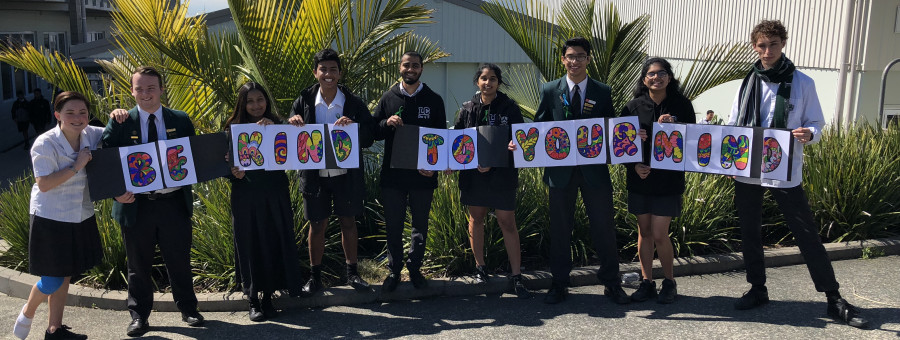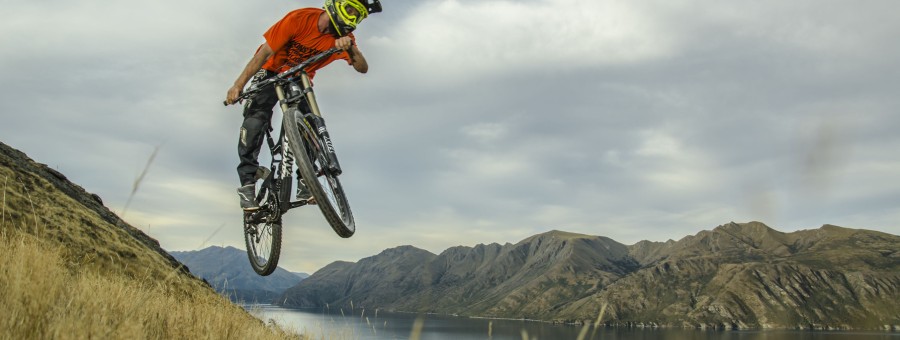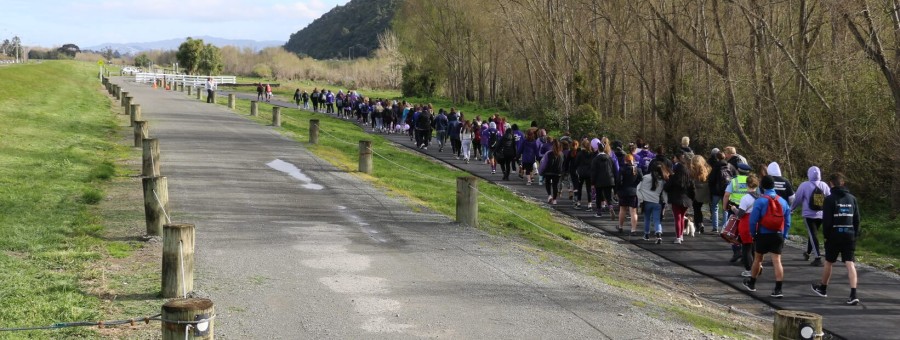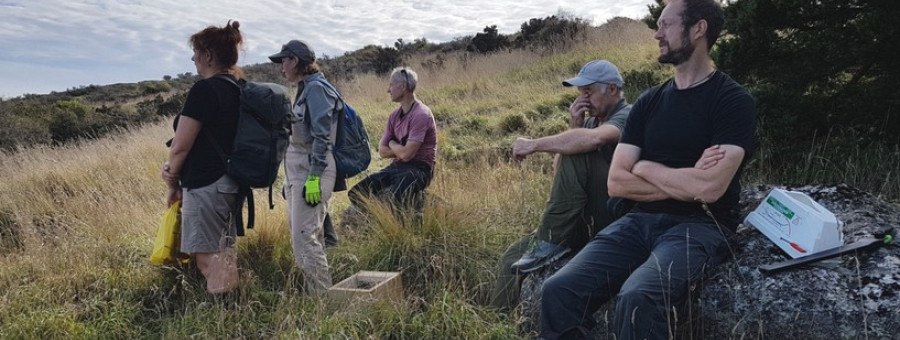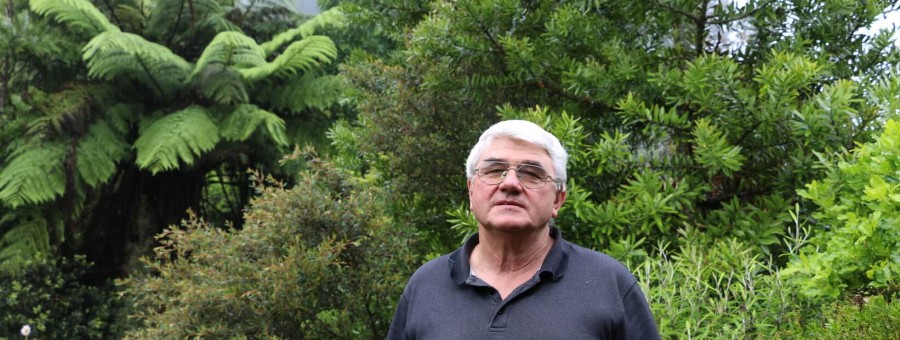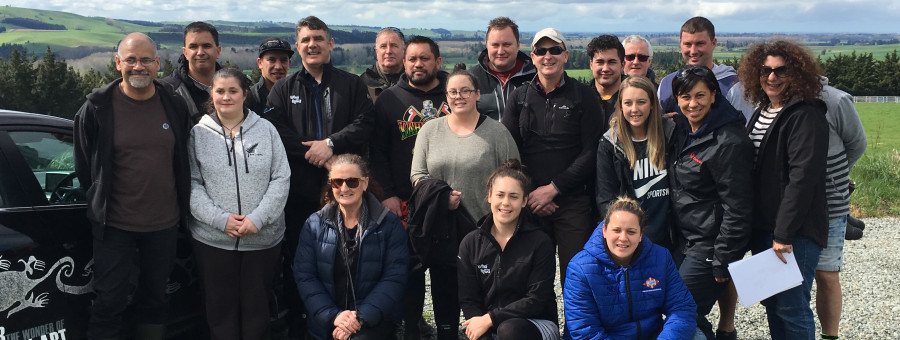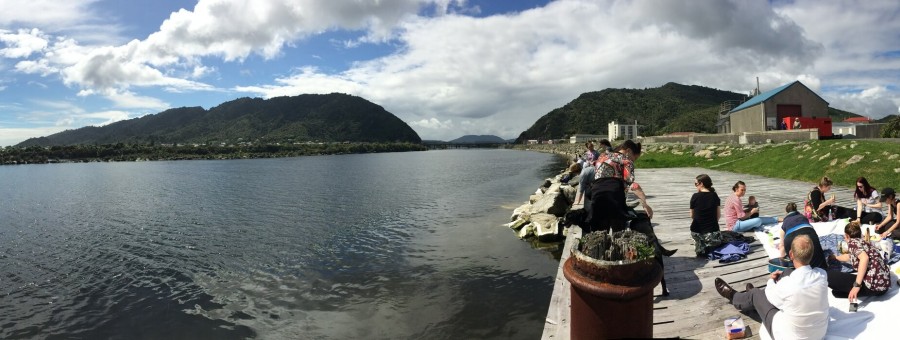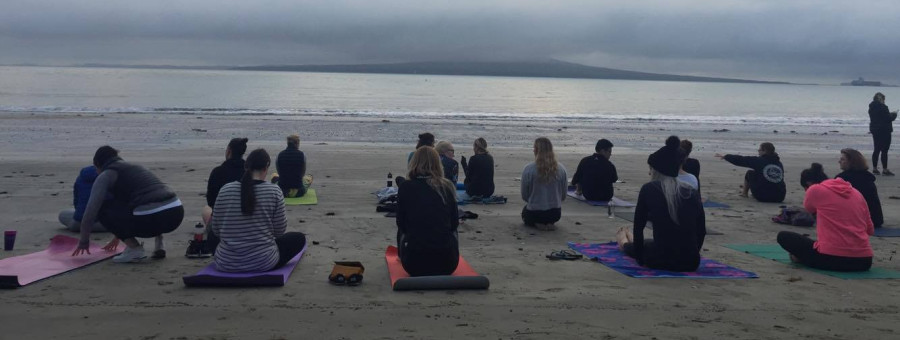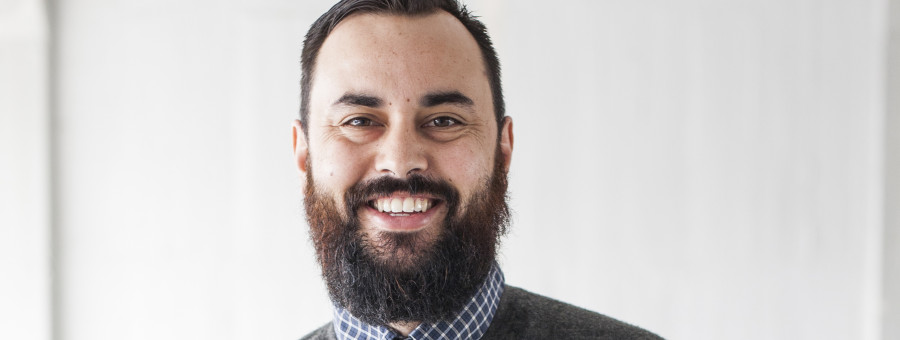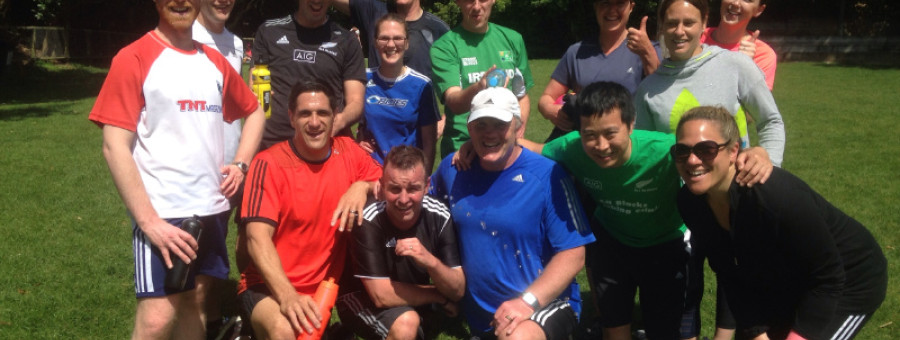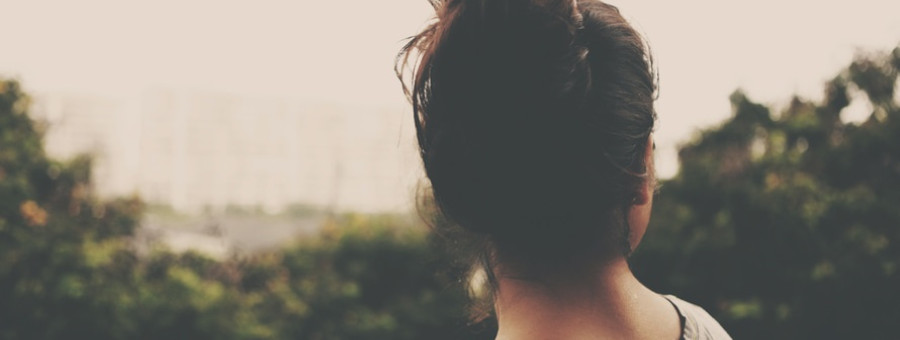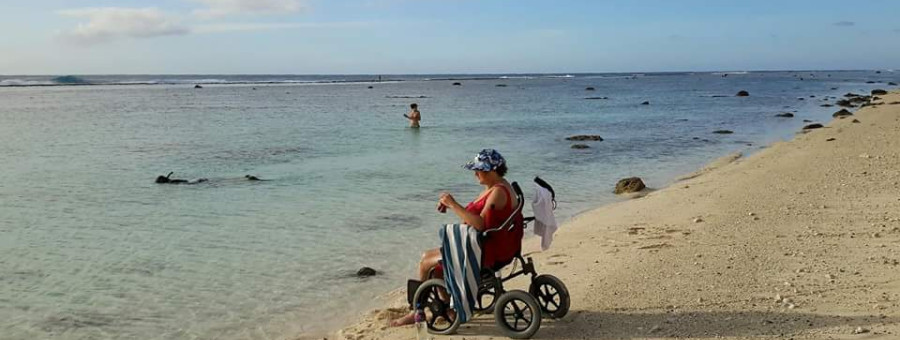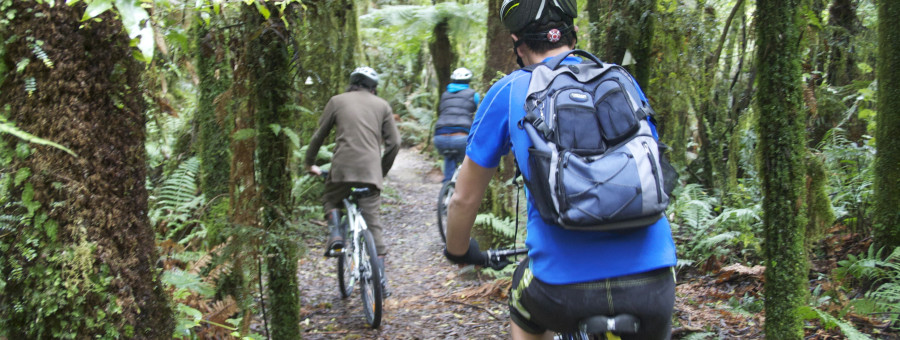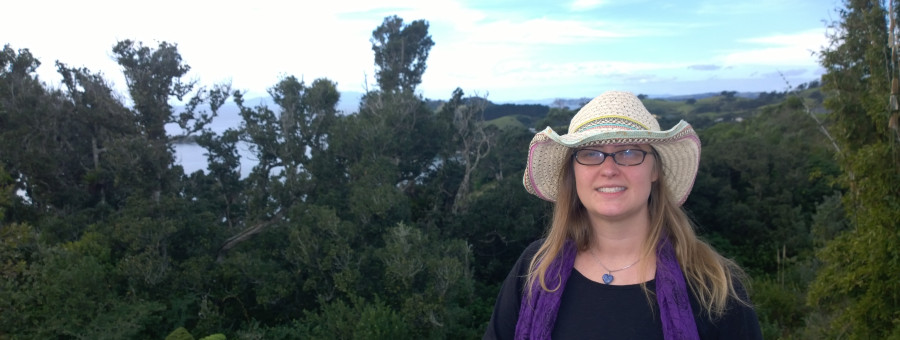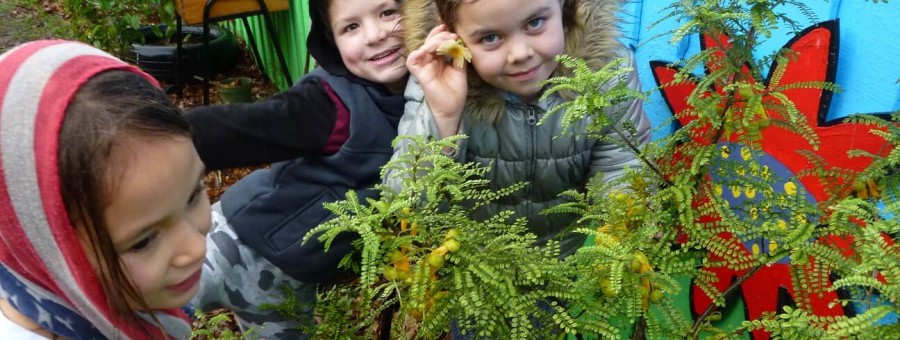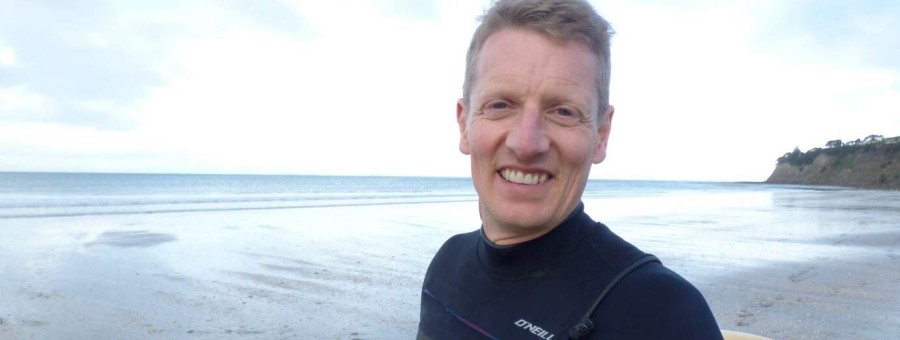For five years, Tahu Paki has been working at Te Kura Whakapūmau, where he is currently deputy principal and head of the Wharekura. As one of only two full immersion Kura Kaupapa Māori schools in Christchurch – and one of only five in the South Island – the community have always been tight knit.
That community has grown even closer during the ongoing hardships of Covid-19 and also the various levels of noho rāhui/lockdown that have been placed on Ōtautahi throughout 2020. With 130 students, ranging in age from five to 18, there are many things to consider as a kaiako.
Luckily, Tahu says, the relatively small size of their kura means that the faculty are able to keep a close eye on both their students and their whānau. All of this became even more crucial when suddenly the entire community had to suddenly move into online learning, overnight.
“Luckily, we’re quite a tech savvy school – we have a lot of teachers who have lots of tech skills, so we were quick and organising classes to make sure we could still connect with whānau,” Tahu says.
Because of how tight the kura and the students’ whānau all were before noho rāhui kicked in, the kura was in an excellent position to know the individual needs of the whānau – and there was already an existing level of trust within the community.
“We sent out food packages, meat packages, winter packages, clothing packages, cleaning and hygiene packages,” Tahu recalls.
The majority of the secondary school students all had part-time jobs, many of which disappeared in the first round of job loss that hit after noho rāhui. This placed additional financial struggles on many whānau, hence the need for immediate wrap-around support from the Kura Kaupapa community.
“That’s always been our kaupapa,” Tahu says. “We’re whānau driven, ensuring everyone’s okay, no matter where you are in our kaupapa. Even for those who aren’t direct whānau. We know we’ve got kaumātua that are connected to our kura and we’ve been keeping an eye on them as well.”
As a Kura Kaupapa Māori, a focus on wellbeing has always been a priority.
“Wellbeing is all about having balance; having a holistic approach to learning as well. It’s really important that we have our Te Whare Tapa Whā – that our house is strong. The kids have lots of physical education every morning, looking after tinana. Because we have small classes, we can see how they’re developing mentally and cognitively. And we have really close relationships with our whānau. They’re really open and really happy to let us know if they’re struggling.”
When it came to moving out of noho rāhui and returning to kura, it was done in a very cautious manner, Tahu says.
“We have the mind-set that we need to be looking after the next leaders on the marae, the next generation.” Also, the kaiako knew they would need to put in the mahi to bring back the fluency of the reo spoken in school.
“We had to have a good plan that te reo Māori was really important to them again and that they understood the importance of speaking it all the time at kura, because they hadn’t been speaking it at home.”
The school grounds were also in the middle of a rebuild as well, meaning there have been extra challenges in making social distancing possible when only a third of the buildings are able to be used.
Looking after his own mental health during this time was crucial for Tahu, with so much urgent need required in the community. His whānau are also heavily involved in the kura – both in leadership roles and as students. It was good to be able to keep both worlds close, Tahu says. In a way, he says, the noho rāhui provided a reset for all of them.
“It was a good break – a chance to re-look and reorganise what’s important to us as a whānau. There were good things that came out of the lockdown.”
When it comes to ‘He Tirohanga Anamata’ the te reo Māori slogan of Mental Health Awareness Week, and moving forward together, Tahu says the message is clear.
“The future is really important and we need to focus on it, making sure we have contingency plans. We’re moving through very uncertain times and we need to be able to still support families, as well as keep looking and moving forward.”

